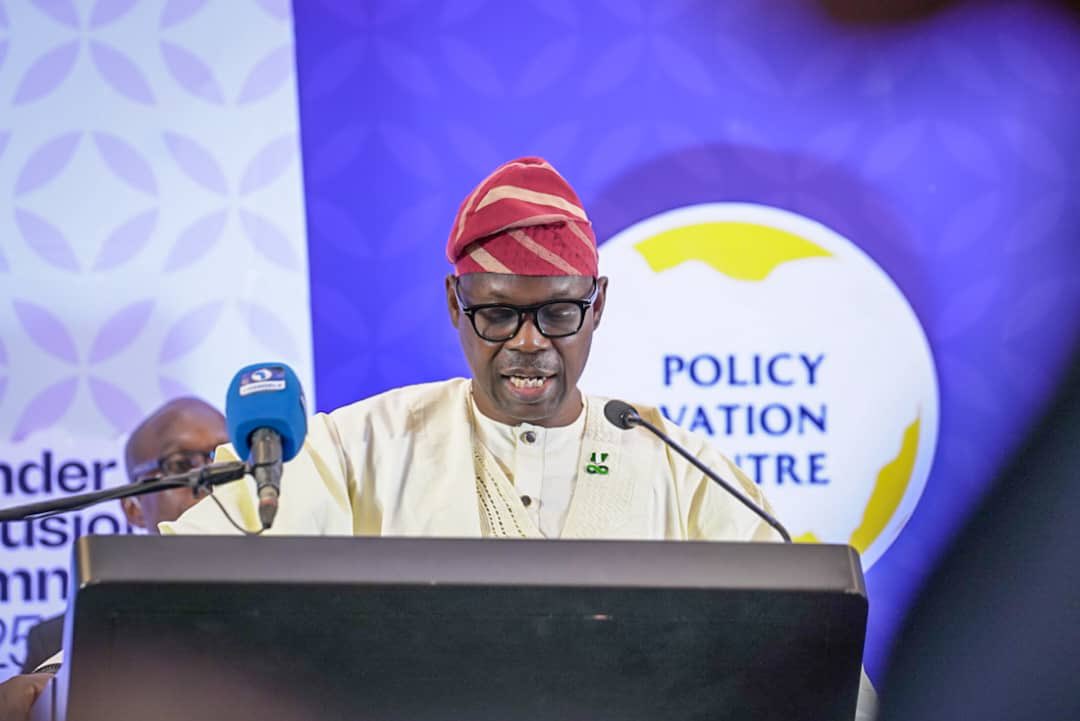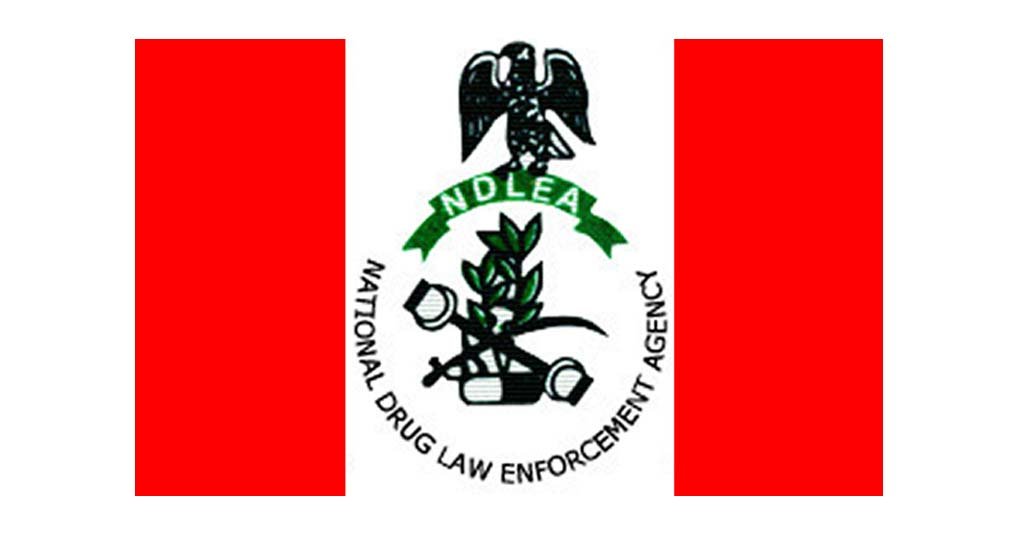• Plans To Reverse N850b Yearly Spending On Medical Tourism
The Federal Government is targeting to reap economic returns worth ₦4.8 trillion yearly saved from losses to preventable diseases, recoverable from the operationalisation of the Nigerian Health Sector Renewal Investment Initiative (HSRII).
In addition, the government is working to achieve a significant reversal of an estimated ₦850 billion spent abroad yearly by Nigerians on medical tourism.
Meanwhile, the Federal Ministry of Health has called for an increase in the Basic Healthcare Provision Fund (BHCPF) from its current one per cent to two per cent of the Consolidated Revenue Fund.
Minister of State for Health, Dr. Adekunle Salako, who disclosed this at the opening of the 2025 Joint Annual Review meeting in Abuja, observed that NSHRII implementation would ensure that health security is strengthened and also bequeath a pandemic-ready health system to the country.
He said: “We foresee a massive social return in lives saved, with a potential 50 per cent reduction in preventable maternal and child deaths, advancing equity by closing the almost 19-year life expectancy gap between states.”
Salako noted that under the roadmap, the government has put in place not less 21 new strategic policies to drive the health agenda, adding that the health insurance coverage was being expanded, with new health infrastructure being provided, including over 500 new high impact projects, 13 new federal tertiary health institutions and six cancer centres of excellence.
“The PHC fertilisation agenda is progressing, and the health research ecosystem is better organised to reflect domestic priorities,” he said. He stated that the administration was implementing and advancing bold reforms as elucidated in the Health Sector Strategic Blueprint to address the many challenges faced by the Nigerian health system, including workforce shortages, infrastructural deficits, financing gaps, fragmentation and decreasing confidence in the system.
Salako noted that the government has put together a roadmap to guide the journey forward, and embarked on clear, unambiguous strategic approaches that cut across policy frameworks, collaborative approach, strong implementation, infrastructure development and expansion, manpower optimisation, performance benchmarks setting with clear monitoring and evaluation mechanisms, as well as continuous social engagements that ensure that the people remain at the centre of its plans.
He noted that leveraging the pact signed with the subnational governments and using the sector wide approach, the Federal Government had also significantly addressed siloed implementation of the health agenda for Nigeria, while recognising the federating structure of the country.
The minister noted that although the national health financing budget from the government was still far below the Abuja declaration of 15 per cent, the country has made some progress in the last two years, adding that it would continue to explore additional innovative mechanisms to mobilise more financial resources for health.
According to him, there has also been a paradigm shift with respect to disbursement of health budgets, as exemplified by the BHCPF, which is tied to key Disbursement Link Indicators (DLIs) that ensure that funds are disbursed for results rather than processes.
Salako revealed that the government was set to start producing more health workers through an expansion strategy, adding that it was also evolving mechanisms to retain better, while organising Nigerian health professionals abroad so that they remain assets to Nigeria’s health system.






